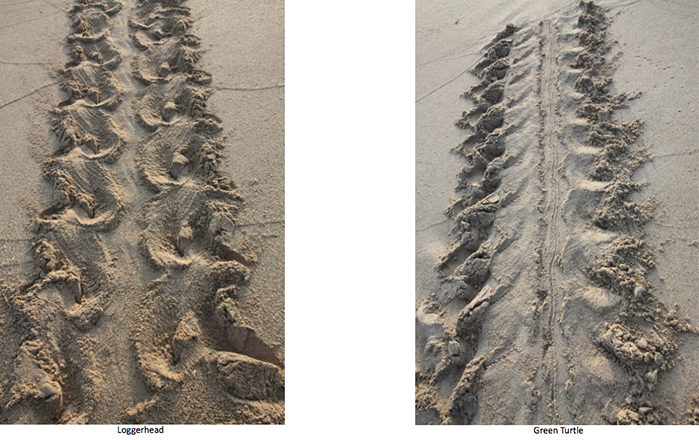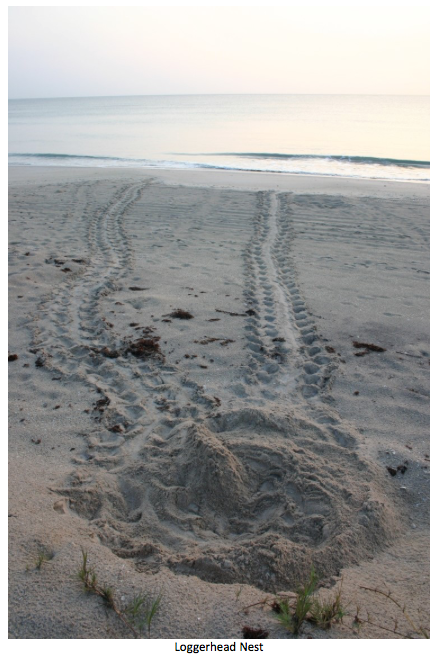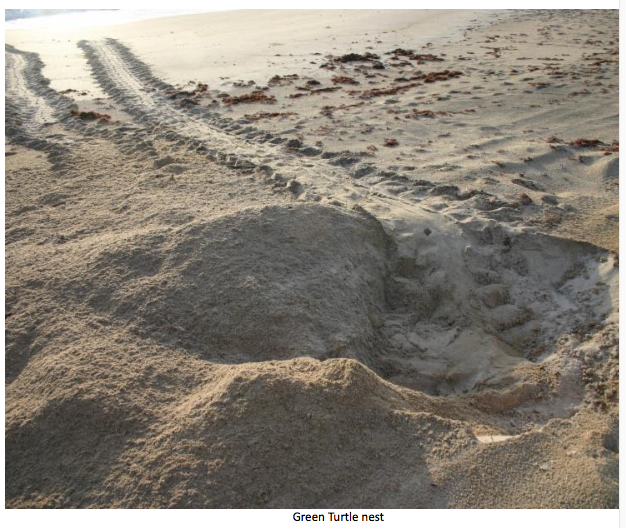Recent News
Longtail rescued from seaWednesday, July 22, 2015
Visitors help save baby longtail from drowning.
Scholarships for environment students
Saturday, July 18, 2015
Kahnae Bean and Shane Antonition have been awarded the 2015 Steinhoff/BZS Scholarship for students pursuing degrees in the environmental sciences.
Maya, 5, wins Zoo art competition
Tuesday, July 07, 2015
Five-year-old Maya Fitzmaurice Trott scooped top prize at the Bermuda Zoological Society’s Reef Watch art competition.
Setting Sail for the Sargasso Sea
Wednesday, July 01, 2015
The sailing research vessel Sea Dragon headed out to sea on Friday, June 5th to gather data on the Sargassum community around Bermuda, sponsored by the BAMZ support charities, the Atlantic Conservation Partnership and the Bermuda Zoological Society.
Preparing for Aqua Camp: It Takes a Village
Wednesday, July 01, 2015
While it would seem that after so many years of running Aqua Camp, it would be a walk in the park for those involved, it actually requires a great deal of time and planning to get ready for it each year. This includes ensuring that there are enough people involved to make sure it runs safely, as well as being fun and educational for each child that attends
About
GovernanceAbout Us
Newsletter
Latest News
Gift & Bookstore
Contact
General Inquiries
info@bzs.bm
Latest News
All the latest updates and news from the Bermuda Aquarium, Museum, and Zoo, one of Bermuda's leading visitor attractions!
Jennifer Gray, Bermuda Director, Bermuda Turtle Project
Are you an early riser? Do you like to walk beaches?
Be a part of our Citizen Science Volunteer Programme... take a walk and report sea turtle nesting events.
In 1870 Bermuda's Attorney General declared that there was no nesting of sea turtles in Bermuda giving us an approximate time reference for the local extinction of our nesting green turtles.
Sea turtle nesting events in Bermuda; of 1990 (Loggerhead), 2005 (Loggerhead) and 2015 (Green) give us a glimmer of hope for the future and suggest a possibility that sea turtles are nesting sporadically hidden from human eyes. All three of these nests were discovered fortuitously by observant members of our community and we encourage everyone to be aware of the tell-tale signs of sea turtle nesting and report any events to the Bermuda Turtle Project.
Historic records suggest that sea turtles in Bermuda nested between late April through June and certainly June, July and August would provide the optimal sand temperature for a sixty- day incubation period of eggs.
To identify the tracks (crawls) of a nesting sea turtle observations should be made early in the morning when they are fresh and unaltered by wind and rain. Whenever possible photographic records should be obtained. The tracks of a nesting sea turtle should emerge from the high tide mark and lead to a disturbed area of sand at the back of a beach with another track returning to the sea. Loggerhead tracks are approximately three feet wide while Green Turtle tracks are typically four feet wide.

Photos: Sea Florida Fish & Wildlife Conservation Commission


Hatchlings emerging from a nest may not leave clear tracks depending on the type of sand and wind conditions but when they do many small tracks from the nest to the sea may be observed. These should not be confused with the tracks of a hermit crab. If there are bright lights the vicinity of the beach hatchlings may become disoriented and have trouble finding the ocean.
Tracks from disoriented hatchlings.
Their tracks should lead straight to the sea. Hermit Crab tracks

Photo: Sea Turtle Conservancy
Help us understand the status of sea turtle nesting by reporting any tracks or nesting events to the Bermuda Turtle Project by calling (441) 332-2966.


